

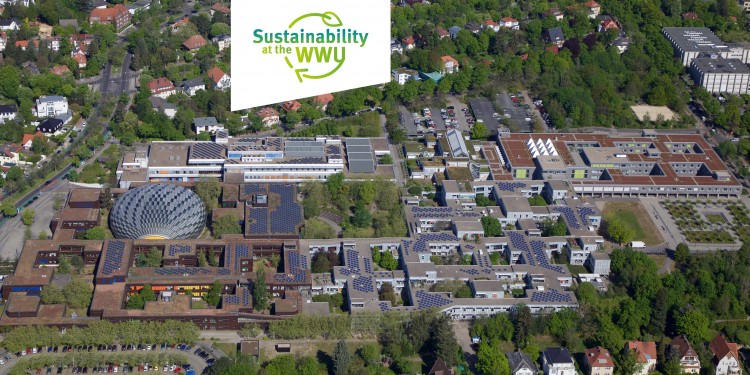
How other universities live sustainability
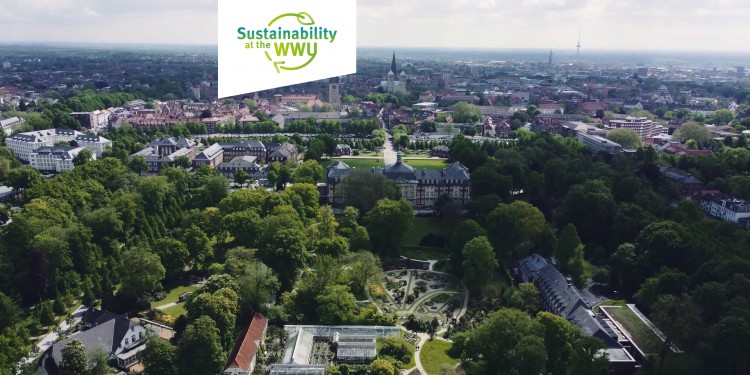
Dossier-video series: The Botanical Garden
Events
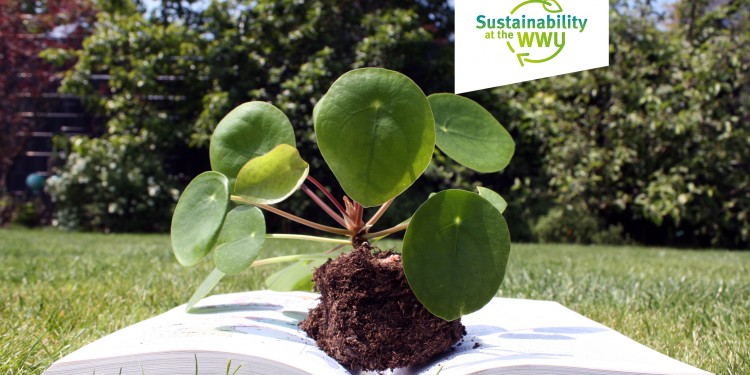
"Learning to take responsibility for the future"
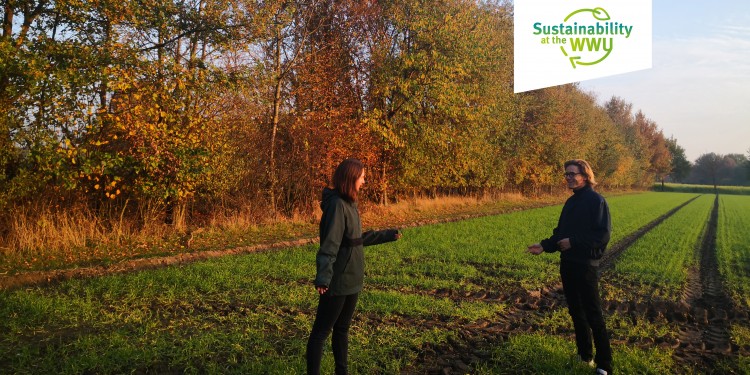
More sustainability on farmland
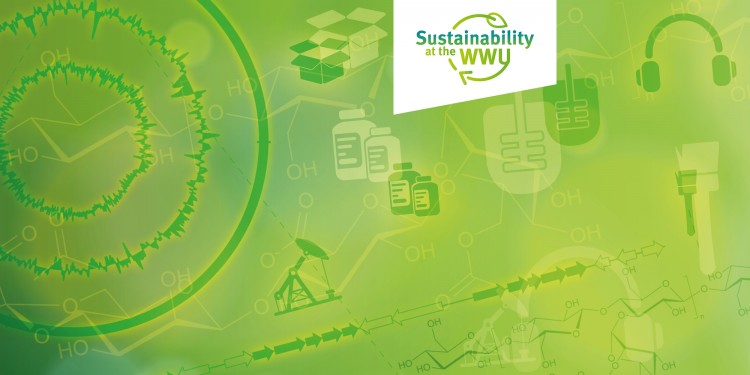
Experts research the use of sustainable bio-resources
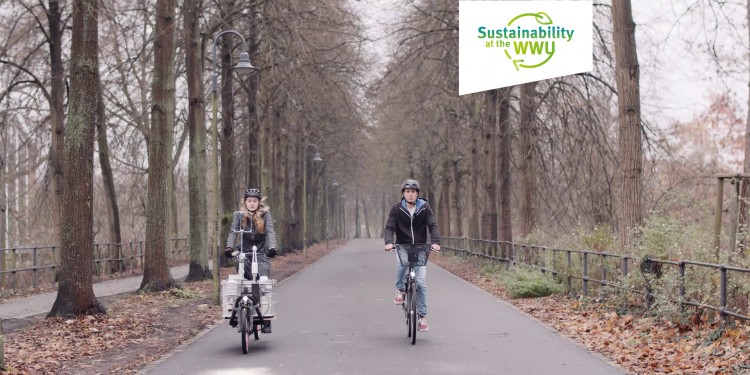
Students investigate fine particle emissions during the corona pandemic
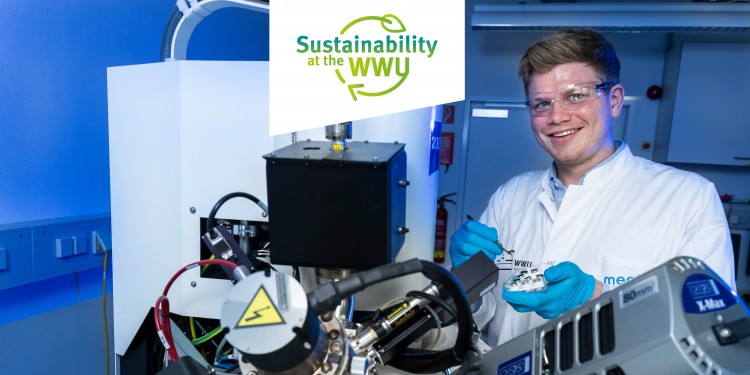
For a greener carbon footprint
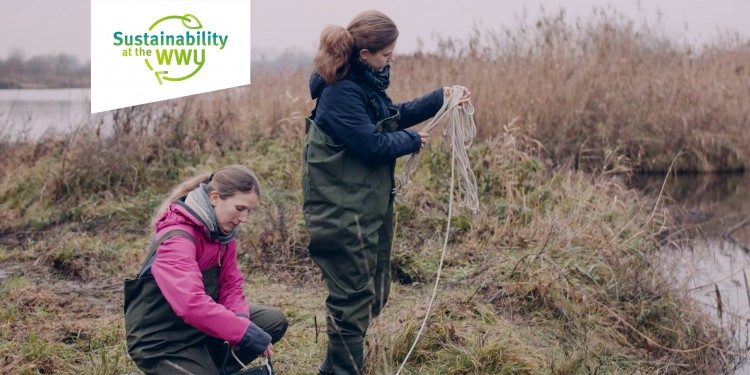
Video series “Sustainability at Münster University”: The MikroPlaTaS research project
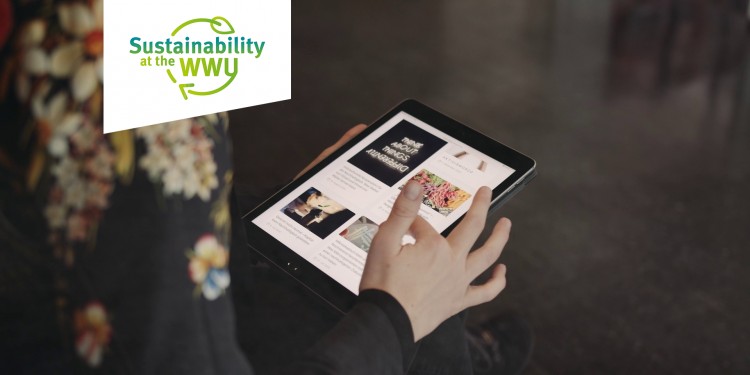
Dossier-video series: The blog “Thinking Sustainably” by the ZIN
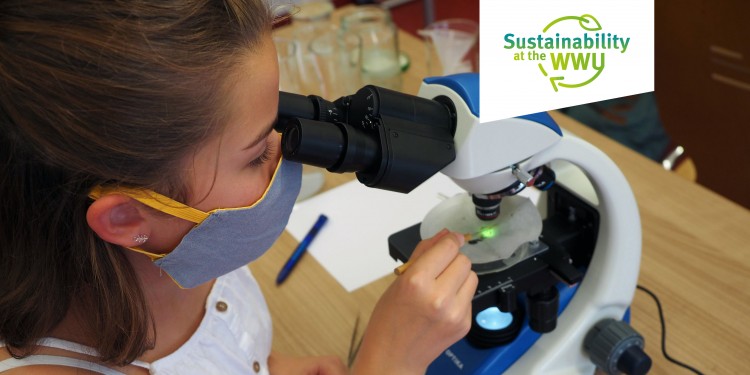
Learning through research – for more sustainable behaviour
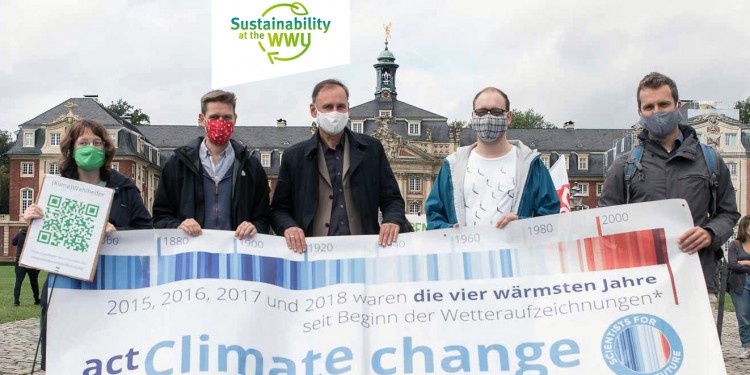
Using knowledge transfer to publicize climate change
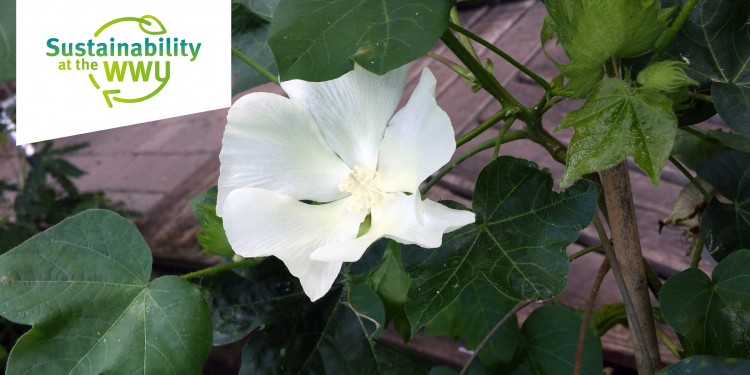
Children’s workshops beat the drum for more sustainability
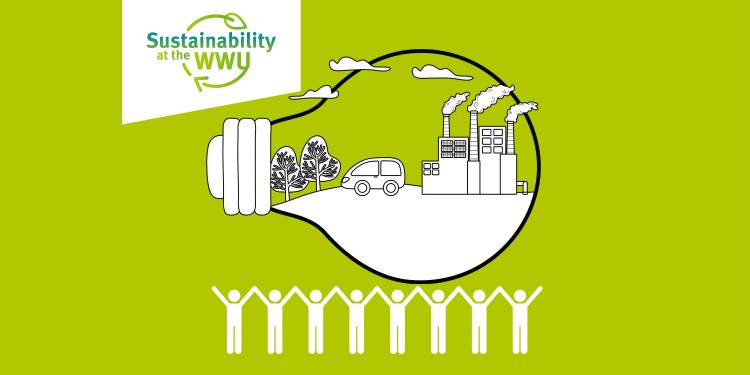
Energy Efficiency Day: Expert Andreas Löschel on sustainable instruments
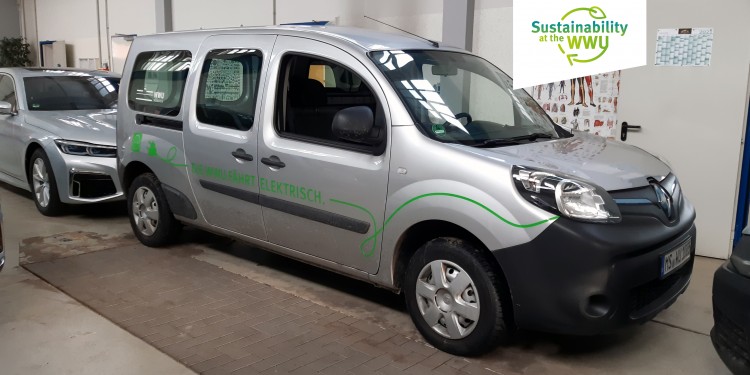
Saving resources and protecting the environment
Your search did not match any of our news releases.
Suggestions:
- Make sure that all words are spelled correctly.
- Try different keywords.
- Try more general filters.
- Expand the period of time.
